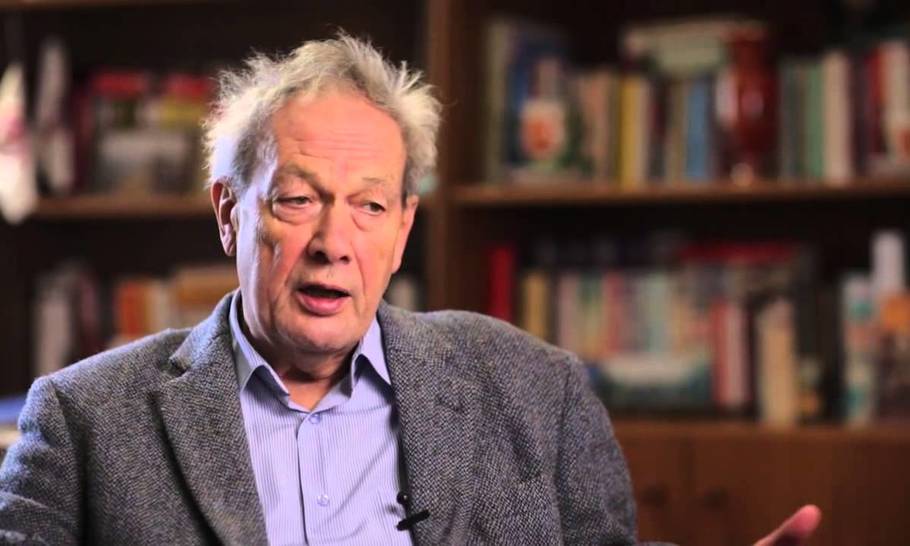Norman Stone: A Tribute

Norman Stone, who has died aged 78, was a great historian and the most gifted teacher of his generation. He was also a mischievous wit, with an acerbic tongue that could deflate the pompous and the pretentious in a sentence or two, delivered in mellifluous Glaswegian.
In a three-way dialogue with Professor Jeremy Black and me, published in Standpoint in 2010, Norman insisted that it wasn’t fair to blame the new coalition government on the people. “We have after all got a political class now,” he observed. “All those superficial people yapping into mobiles who did PPE at Oxford.”
Norman was fortunate in his ability to be in the right place at the right time. In 1981, he had dinner at Brown’s Hotel with Albert Speer, Hitler’s architect, armaments minister and favourite. There was a certain irony in the fact that, four decades earlier, Speer had tried to obliterate London with the world’s first missile bombardment. But it was a splendid dinner that, Norman later revealed, had ended only at 2 am. Norman was fluent in several languages, including German, and the conversation was doubtless lubricated with copious quantities of wine and whisky. Like Churchill, Norman took more out of alcohol than alcohol took out of him. Next day he interviewed Speer for the BBC. Norman found Speer “haunted by his past”, but still handsome and boasting of a romantic assignation. Before Speer could take his lover out to lunch, he suffered a stroke and died at St Mary’s, Paddington. Norman had, in a sense, heard his final confession.
He was also present at the notorious Chequers seminar in 1990, when Mrs Thatcher summoned her favourite historians to advise her about Germany. Norman was one of the few who admired her and shared most of her views on Europe, but he did not believe that a reunited Germany would pose a threat to peace. His fear was the opposite — that the West was going soft, above all its political class. “When I look at the faces at those television debates I think: ‘Are these just babies’ bottoms filled with Botox?’ faces which have seen nothing. No wonder people want to abstain.”
Norman was, above all, a great and good friend. Unlike Niall Ferguson and so many other distinguished people, I was never his pupil. But I did help him with the cultural chapter of Europe Transformed, 1878-1919, one of his best books, and I took on some of his teaching load at Cambridge, supervising an undergraduate dissertation on Ludwig Börne and the origins of Left-wing anti-Semitism by Orlando Figes, from whom I learned a great deal. How prescient that dissertation was! In those days Norman was surrounded by brilliant young men and women. For a year or so, I rented his flat in Hampstead, almost next door to Elias Canetti. Later, Norman moved to Oxford, then to Istanbul, and finally to Budapest. He never lost his sensual love of history and music, especially the final scene of Don Giovanni, which had a mystical significance for him. Like the Don, Norman was a sinner who did not hold out much hope of redemption, but he believed above all in humanity.





